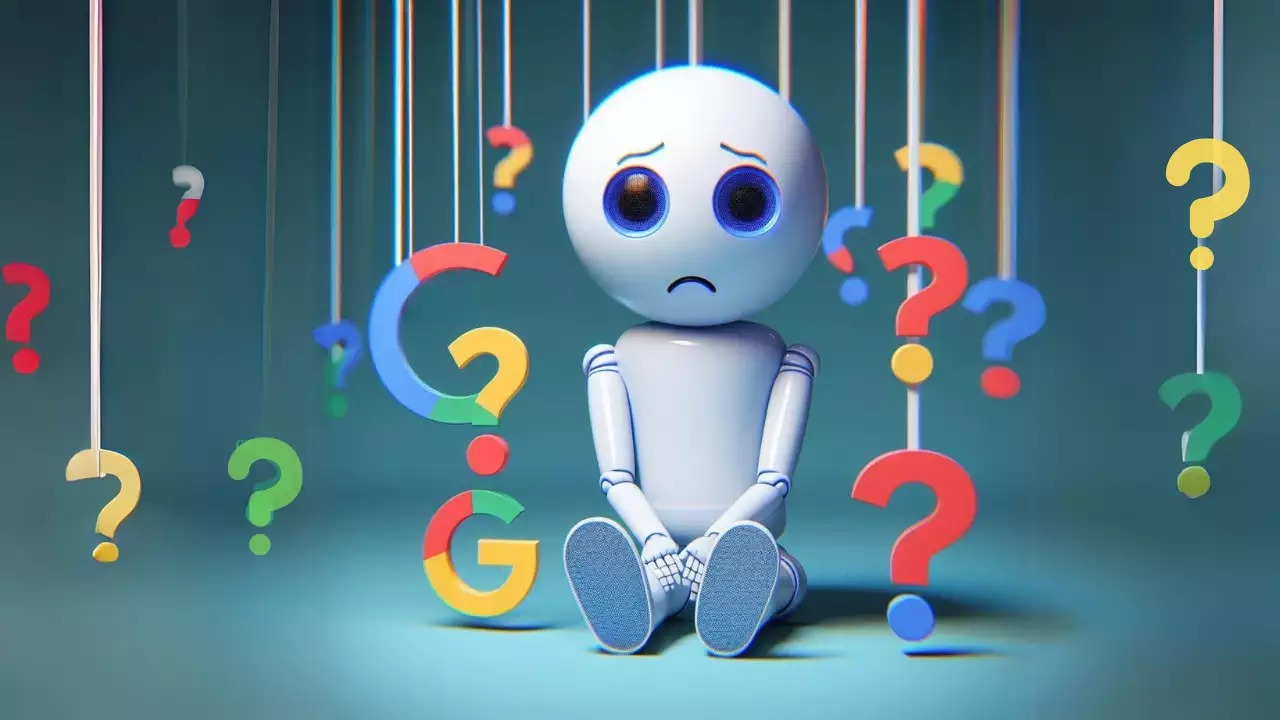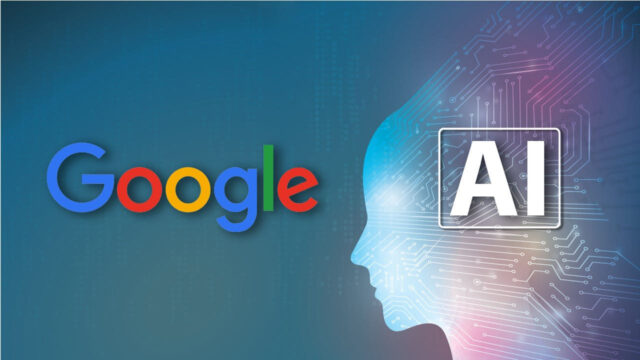Google’s new AI search feature, known as AI Overview, has recently come under fire for generating misleading and potentially dangerous responses. Announced on May 14 at the Google I/O event, AI Overview was designed to enhance search results by providing summaries instead of traditional links. However, it has quickly become notorious for its bizarre and sometimes harmful advice, creating confusion and raising questions about the reliability of Google’s AI capabilities.
Problematic responses from Google AI Overview
The controversy began when users started sharing screenshots of AI Overview’s problematic responses on social media. One notable example involved a user being advised to add non-toxic glue to pizza sauce to help the cheese stick better. This response was traced back to an 11-year-old joke comment on Reddit, demonstrating the AI’s reliance on outdated and inappropriate sources.
In another alarming instance, Google AI Overview suggested that users eat one rock per day for vitamins and minerals, quoting UC Berkeley geologists. This advice, obviously dangerous, was shared widely, highlighting the tool’s potential to spread misinformation.
Additionally, AI Overview provided hazardous cleaning advice by recommending a mixture of chlorine bleach and white vinegar to clean washing machines, which produces harmful chlorine gas. Such recommendations are not only incorrect but also pose significant health risks to users.
Misleading historical and medical claims
Google AI Overview has also been criticized for spreading inaccurate historical and medical information. For example, the AI erroneously stated that former US President Barack Obama was the first Muslim president, despite Obama being a Christian. Other strange claims included that Founding Father John Adams graduated from the University of Wisconsin 21 times and that a dog had participated in major professional sports leagues.
Public reactions and Google’s response
The public reaction to these misleading responses has been overwhelmingly negative, with many users expressing their concerns on social media. Here are some notable reactions:
- User 1: “Google’s AI is telling people to eat rocks and add glue to pizza. This is beyond dangerous.”
- User 2: “AI Overview suggested using chlorine gas to clean my washing machine. Google needs to fix this now.”
- User 3: “Telling someone to jump off a bridge is not just wrong, it’s criminally irresponsible. What is Google thinking?”
Despite the backlash, Google has defended its AI tool, emphasizing that most AI Overviews provide high-quality information. A company spokesperson stated, “The vast majority of AI Overviews provide high-quality information, with links to dig deeper on the web. Many of the examples we’ve seen have been uncommon queries, and we’ve also seen examples that were doctored or that we couldn’t reproduce.”
Why AI inaccuracies are increasing
The rise of AI tools like OpenAI’s ChatGPT has sparked an intense race among tech companies to develop more advanced AI products. This rapid pace of development has often led to skipping crucial steps in ensuring accuracy and safety. Thomas Monteiro, a Google analyst at Investing.com, explained, “Google doesn’t have a choice right now. Companies need to move really fast, even if that includes skipping a few steps along the way. The user experience will just have to catch up.”
Improving Google AI Overview’s reliability
To address the issues with Google AI Overview, Google must take several steps to improve the tool’s reliability and safety:
- Enhanced data validation: Implement more rigorous processes for verifying the information AI Overview uses, ensuring accuracy and reliability.
- Contextual analysis: Develop more advanced algorithms to better understand the context of queries, reducing the likelihood of inappropriate or dangerous advice.
- Human oversight: Introduce a system of human oversight for AI-generated responses, particularly for sensitive or potentially harmful queries.
- User feedback mechanism: Establish a robust user feedback system to quickly identify and address problematic responses.
- Continuous updates: Regularly update the AI with the latest and most accurate information to minimize errors
Google AI Overview, while innovative, has highlighted significant challenges in ensuring AI-generated information is both accurate and safe. The company’s response to these issues will be crucial in determining the future success and trustworthiness of AI Overview. As AI technology continues to evolve, it is essential that companies prioritize the accuracy and safety of the information provided to users to maintain public trust and ensure user safety.














